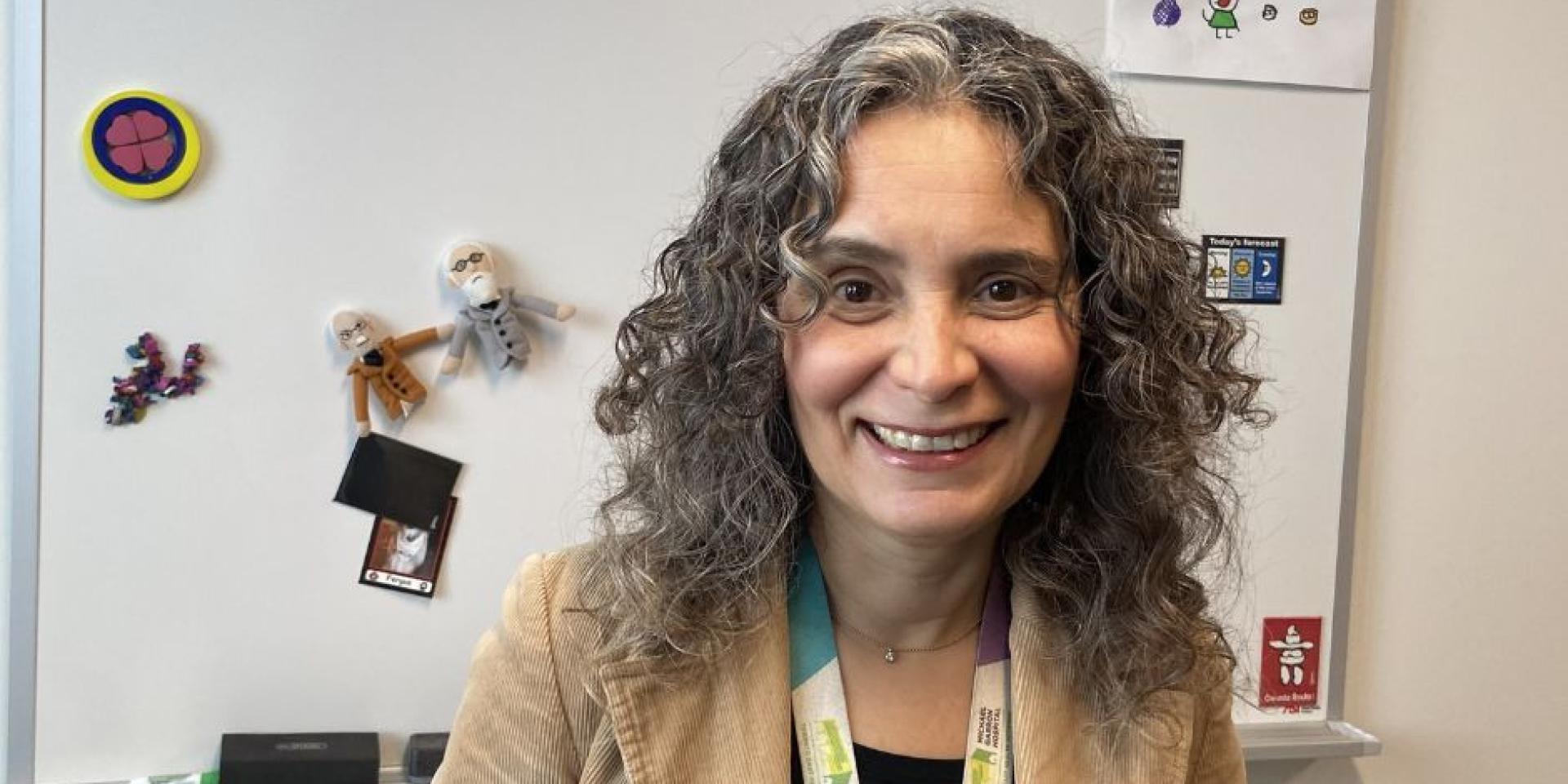Anxiety is a normal part of life, says psychiatrist Dr. Gili Adler Nevo, who heads the child and teen anxiety clinic at Michael Garron Hospital. Like fear, it’s a response that can help keep us safe. But overwhelming anxiety can cause severe distress and make us avoid experiences that we could otherwise learn from or enjoy.
Signs of anxiety disorders in children and teens can include:
- Avoiding situations that make them feel anxious (e.g. opting out of social gatherings or skipping classes)
- Regressing to past behaviour (e.g., wetting the bed, becoming more clingy)
- Having trouble sleeping
- Feeling restless and unable to focus
- Troubled breathing, hyperventilating, sweating and other sensations
Anxiety disorders are the most common mental disorders affecting children and youth, says Dr. Adler Nevo. The good news is they’re also among the most treatable. Here’s Dr. Adler Nevo’s advice for helping your child cope with anxiety:
- Listen to your child and validate their feelings. They need to know that someone understands what they are going through.
- Respond with a balanced perspective. Don’t push too hard (the “tough love” approach) and also avoid being overprotective.
- Gradually help your child face their anxiety. Plan how you can confront the situation together. If they can face it safely, a little bit at a time, your child may become less bothered by it.
Parents should trust their intuition, says Dr. Adler Nevo. If you think your child needs professional help for their anxiety, talk to your family doctor or paediatrician. They can give you expert advice for your situation and refer your child to a specialist if necessary.
Subscribe below for more advice from Dr. Nevo.
